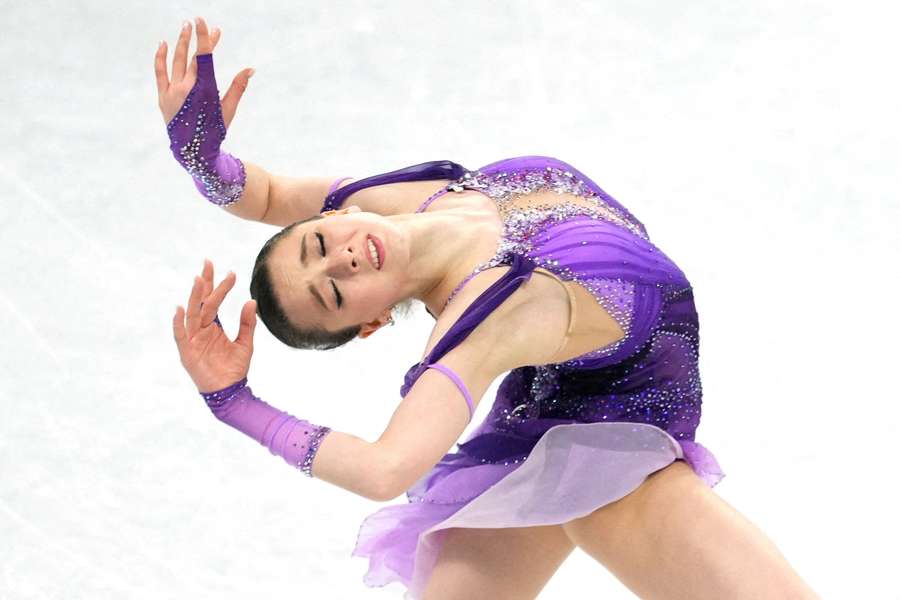Russian figure skater Kamila Valieva's doping case resumes

The Lausanne-based court began hearing her case in September but adjourned the proceedings after a panel of arbitrators asked for further documentation. The hearing, which is closed to the public and will conclude on Friday, will feature the remainder of the evidence as well as the parties' closing submissions.
Valieva tested positive for the banned substance trimetazidine, designed to prevent angina, at the Russian national championships in December 2021 when she was 15. Her team has said the positive test could have been due to a mix-up with her grandfather's heart medication.
The result of the test, however, was only made known a day after she helped the Russian Olympic Committee (ROC) win the team gold at the Beijing Winter Olympics in February 2022.
The International Olympic Committee (IOC) authorised Valieva to take part in the women's single event despite her positive test but said medals for the team event would not be allocated until her case was settled.
The delay in the medal allocation has angered competitors, with Vincent Zhou, one of the skaters on the silver medal-winning U.S. team, saying that the global anti-doping system was "failing athletes".
The Russian anti-doping agency (RUSADA) disciplinary commission found that Valieva had committed a violation for which she bore "no fault or negligence". She was not sanctioned but her results from the national championships on the day she tested positive were voided.
RUSADA, the World Anti-Doping Agency (WADA) and the International Skating Union (ISU) are all challenging this decision at sport's highest court.
RUSADA has said it was seeking "the appropriate consequences" for the offence, while ISU is seeking a suspension.
WADA is seeking a four-year ban that would include voiding Valieva's results from the Beijing Games, effectively denying ROC their team event gold medal.
